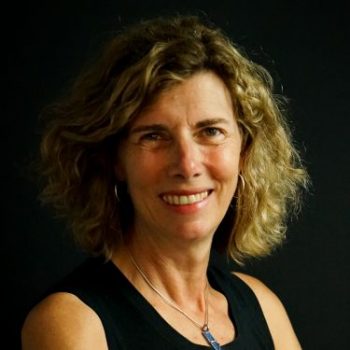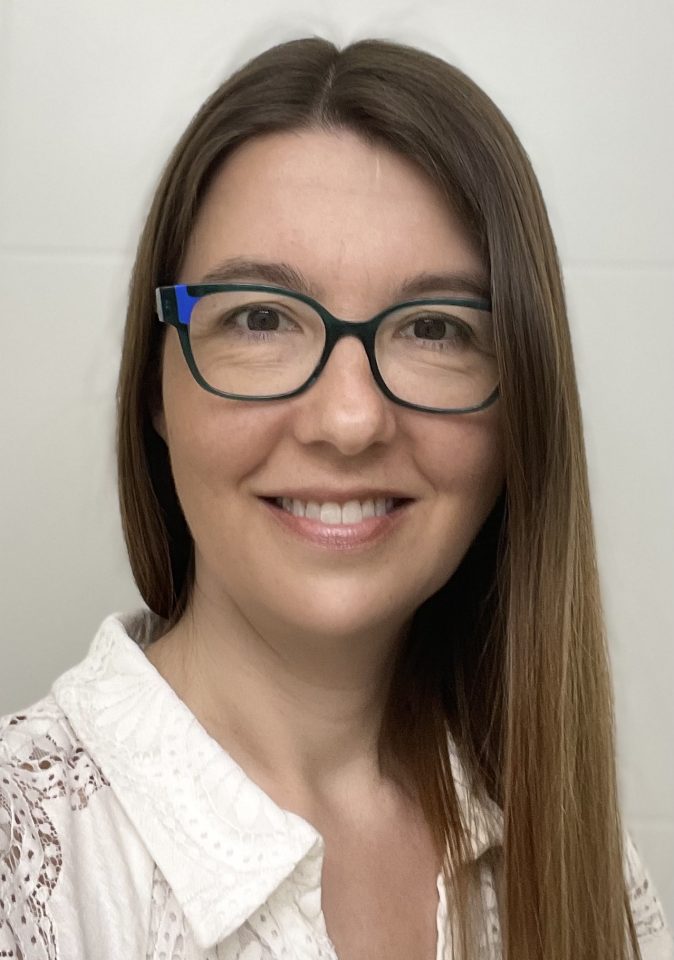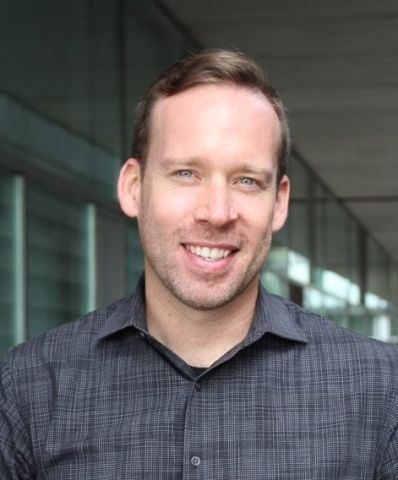
Allison Macfarlane
Contact Details
Liu Institute for Global Issues
Research Interests
Bio
Allison Macfarlane is not appointed at IRES and instead is a Faculty Associate of our unit. Please see appointments in left-hand column.
Allison Macfarlane is Professor and Director, School of Public Policy and Global Affairs, Faculty of Arts, UBC. Allison has held both academic and government positions in the field of energy and environmental policy, especially nuclear policy. She was Chairman of the U.S. Nuclear Regulatory Commission from 2012-2014. From 2010 to 2012 Allison served on the White House Blue Ribbon Commission on America’s Nuclear Future, created by the Obama Administration to recommend a new national policy on high-level nuclear waste. Allison holds a PhD in earth science from MIT and a BSc from the University of Rochester.
Allison’s research interests are around nuclear energy and nuclear weapons materials. She is an acknowledged expert on nuclear waste disposal and repository siting and continues to work in this area. Though technically trained, she is interested insights that Science, Technology and Society can bring to understanding nuclear policy situated in a global context. She is currently engaged in projects that consider the promised new generation of reactors, SMRs.
Other links: https://sppga.ubc.ca/profile/allison-macfarlane/

